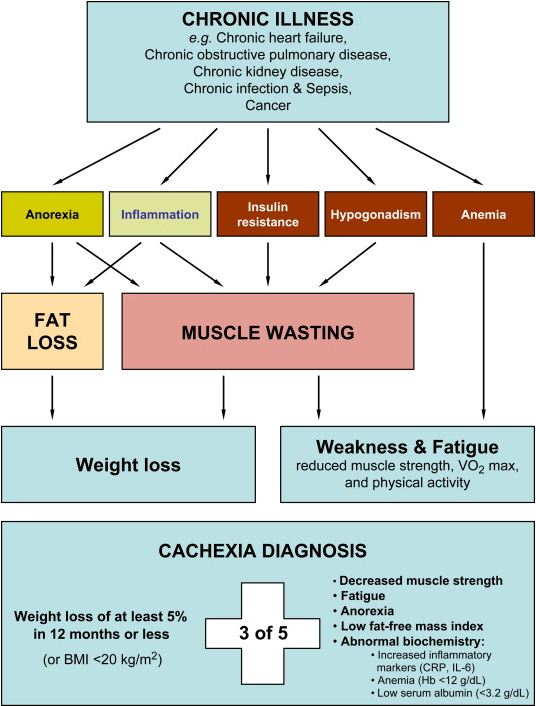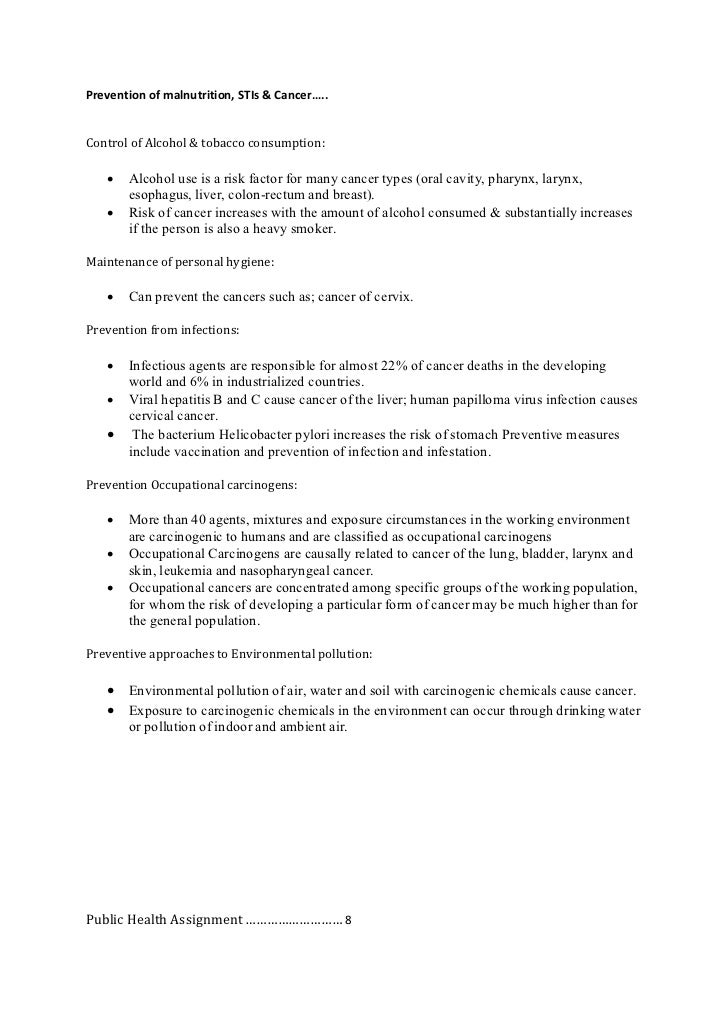Research Faculty of Pharmacy Science Portal
malnutrition and cancer Research Faculty of Pharmacy Science Portal Malnutrition in Cancer Patients
Cancer is an extremely powerful disease, and it requires a potent treatment regimen to manage and hopefully eradicate the malignant cells. However, cancer treatment itself is very damaging for the body, and yes it can make an individual very weak. Thus, it is crucial for cancer patients to fight the malnutrition that often comes as a consequence of treatment to be able to stay strong.


When you consume, you eat the vitamins, minerals, proteins, carbohydrates, and also other products which one's body needs for fuel. This supports your disease fighting capability as well as all-around health, which enables you to battle the cancer. Frustratingly, though, in the same way someone needs this strength probably the most, the cancer and subsequent treatment might cause that you develop anorexia or cachexia.


One of the most frequent signs of cancer is anorexia, or complete loss in appetite. This can occur since the body loses its ability smell or taste due to cancer treatment, or it can happen as tumors grow and set pressure on digestive organs. Cachexia, conversely, can be a wasting disease characterized by lack of weight. Normally, one's body will be able to conform to starvation or anorexia by slowing its metabolism. However, with cachexia, your metabolism is unable to adjust, which forces one's body to consume a unique fat and muscle. Cachexia usually occurs with lung and digestive cancers.

Frustratingly, both anorexia and cachexia can cause malnutrition as one's body don't has got the nutrients it should withstand cancer and cancer treatment. Malnutrition can make you more susceptible to infections, and also the treatment itself may become too risky for your system. You may also feel fatigued and weak, which decreases your ability to fight your cancer.
To help prevent malnutrition, many cancer doctors have nutritional counseling and therapy. This can teach you ways to get probably the most nutrients out of your food that you are able to eat.
If you're diagnosed with mesothelioma, you will need additional support in managing and coping with along side it effects of devastating disease, including cachexia and anorexia. To learn more about mesothelioma, check out the Mesothelioma Resource Center today.

One of the most frequent signs of cancer is anorexia, or complete loss in appetite. This can occur since the body loses its ability smell or taste due to cancer treatment, or it can happen as tumors grow and set pressure on digestive organs. Cachexia, conversely, can be a wasting disease characterized by lack of weight. Normally, one's body will be able to conform to starvation or anorexia by slowing its metabolism. However, with cachexia, your metabolism is unable to adjust, which forces one's body to consume a unique fat and muscle. Cachexia usually occurs with lung and digestive cancers.

Frustratingly, both anorexia and cachexia can cause malnutrition as one's body don't has got the nutrients it should withstand cancer and cancer treatment. Malnutrition can make you more susceptible to infections, and also the treatment itself may become too risky for your system. You may also feel fatigued and weak, which decreases your ability to fight your cancer.
To help prevent malnutrition, many cancer doctors have nutritional counseling and therapy. This can teach you ways to get probably the most nutrients out of your food that you are able to eat.
If you're diagnosed with mesothelioma, you will need additional support in managing and coping with along side it effects of devastating disease, including cachexia and anorexia. To learn more about mesothelioma, check out the Mesothelioma Resource Center today.
0 Response to "Research Faculty of Pharmacy Science Portal"
Post a Comment